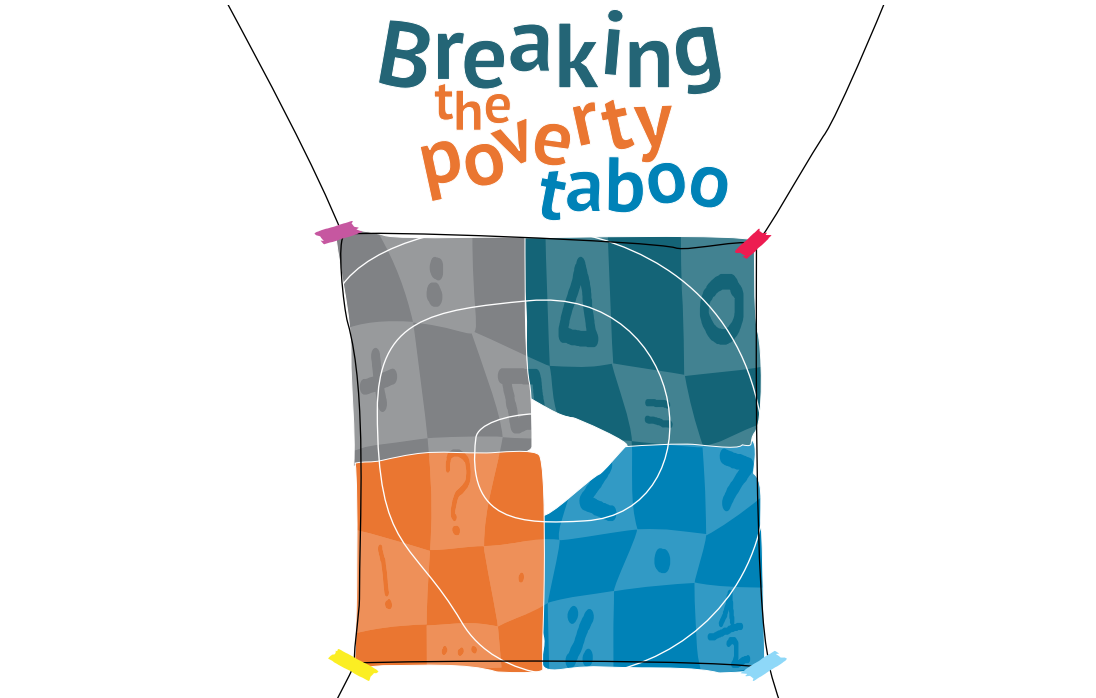School-based activities to address students’ socio-economic background
Published:
Addressing socio-economic inequalities, building on multilingualism in the classroom, and exploring the potential benefits of non-formal education for more equity in the society, were among issues discussed at the annual SIRIUS Policy Conference ‘Inclusive education for all: From ideas to actions’ which took place on 7 May in Zagreb. As a member of the SIRIUS policy network on migrant education, ETUCE contributed to the Conference presenting the activities and preliminary findings of its social dialogue project ‘European Sectoral Social Partners in Education promoting effective integration of migrants and refugees in education’.
The Conference had a strong practical focus with many school-level good practices presented and discussed, including for example teaching materials and methodology for teacher training on critical thinking and teaching values starting from primary school, developed by the Center for Educational Initiatives Step by Step in Bosnia and Herzegovina. Other good practices suggested ideas for mitigating the effects of socio-economically disadvantaged background of students by preparing students for peer to peer mediation, creating an ethno-cultural map and picture book of the class, or learning about living conditions of students’ classmates from the orphanage. These and other good practices together with recommendations for school-based activities for students, teachers and parents, are collected in the handbook ‘Breaking the poverty taboo’ prepared by Network of Education Policy centers in the framework of Erasmus+ project.
ETUCE asserts that all children have the right to adequate education regardless of their background. Furthermore, education is crucial for lift children out of poverty and giving them the opportunity to actively participate in society.